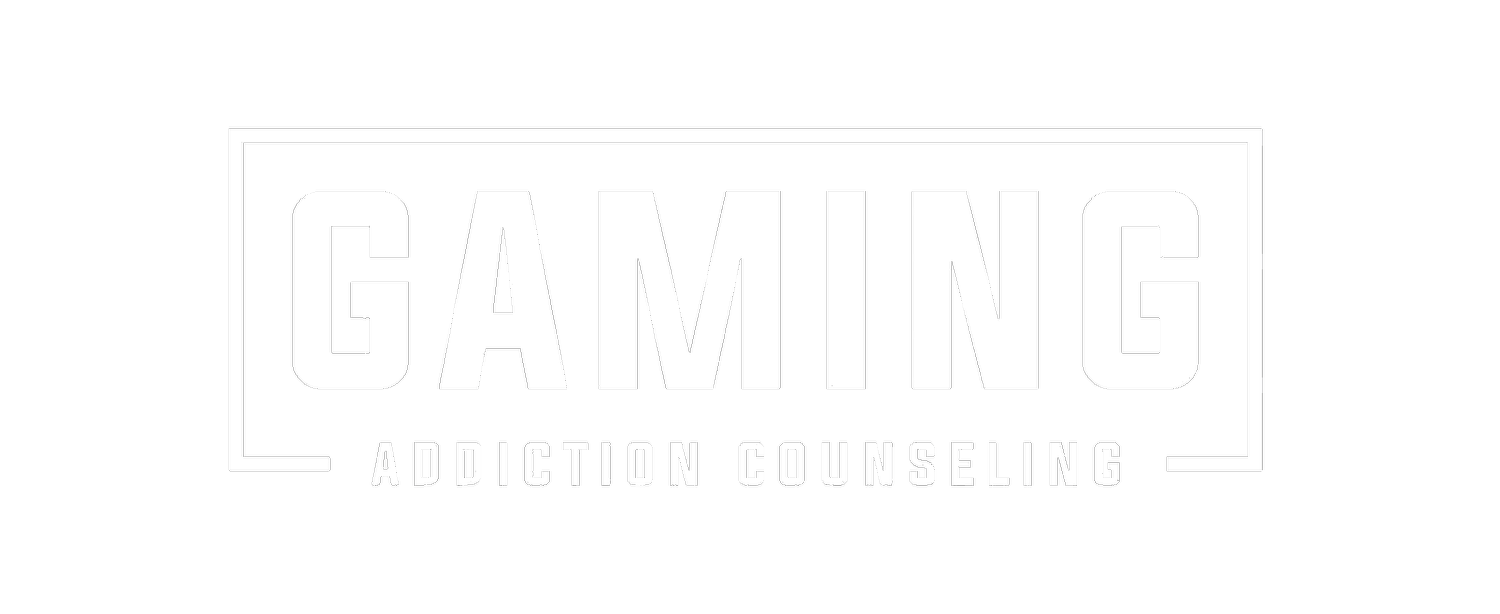Excessive Gaming: The Creativity Killer
When I was researching for this topic, I didn’t realize how many definitions and contexts people give to creativity. Albert Einstein said, “Creativity is intelligence having fun.” While Dieter Uchtdorf was quoted as saying, “The desire to create is one of the deepest yearnings of the human soul.” Maya Angelou commented on the limitlessness of creativity saying “… the more you use the more you have.” It’s hard to encapsulate exactly what creativity is because it seems to strike people in so many ways. We normally think of creativity being involved with art; however, we have also attributed the title of artist to more than just painters, sculptors, and musicians. The occupation or title seems to have little to do on the expression of creativity. Creativity at its core can be recognized by the process in which the resultant product was made. Creativity is involved with making food, music, buildings, poetry, technology, and countless other things. Creativity lies on the boundary of what is known and unknown. The result pushes the boundary of what is known and reduces the size of the unknown. In the context of gaming, creativity is washed away by predetermined goals in a confined, limited reality.
To be clear, I’m not saying that gamers aren’t creative. Mr. Squishy imagined being able to play Pokemon Red Version inside of Minecraft. It took Mr. Squishy 21 months to code the Pokémon game using the features inside of Minecraft. This project dealing with video games is nothing short of creative brilliance. In contrast, the gaming that blocks creativity includes behaviors most people would label as addiction. Excessive gaming takes up time, energy, and brain power that can, and I argue, partly should be used to inspire.
The Ingredients For Novel Ideas
Mark Rober, USC Graduate and former employee of NASA answered the question, “How do I come up with my ideas”? Essentially, he explained how his creative process works and generalized what he found. His answer had three parts to it:
1. Be Curious – The freedom to question and imagine
2. Hard Work – Good ideas require time and effort to craft.
3. Get Lucky – Sometimes it comes down to the right elements falling into place
Excessive gaming diminishes the chances that any of the three will occur.
Being Directed Rather Than Curious
Video games usually have innate goals, ends, and inherent limitations (except for sandbox games). In other words, players can do only so much with the few tools given and are encouraged to go towards a very specific goal. Deviation from this is penalized. First person shooters are a perfect example of this. Competition and rewards come to those who ONLY score more kills than their opponents. Exploring the worlds are not only discouraged by the game itself but will probably invite harassment from your own team. There is little place and time in video games to imagine more than what is allowed.
Working For The Game
The average excessive gamer usually has three modes: gaming, wondering when they can game (preoccupation), and bored. My therapy clients average a total of 30 hours a week of gaming. Combine this with sleep and work/school, and the result is no extra time for anything. Even if the gamer was inspired, it will be short-lived and manifest into nothing but a fleeting dream.
Random Number Generation(RNG) versus Getting Lucky
The most amount of lucky excessive gaming gets is when the programmed RNG goes in the players favor. Video game speedrunners reference this all the time. When we think of luck, maybe it is an opportunity or a positive happen chance that occur when you are in the right place at the right time. Even more, these chances can increase by spending time and effort in a particular area. Maybe it’s finding the right romantic partner, or the perfect job. However, both require being in the realm where either of those things can occur. Rarely does luck occur when staring at a screen for hours. The best a gamer gets close to is whatever can be generated in the video game.
This article is not meant to cast aspersions on gamers. If you are someone who knows their gaming behavior is problematic (affecting sleep, relationships, school/work performance, etc.), think about the potential you or they are wasting. Maybe the thing you are using video games to distract yourself from could be found/solved with 1 hour a week away from the screen. Know your life is worth giving yourself the opportunity.


